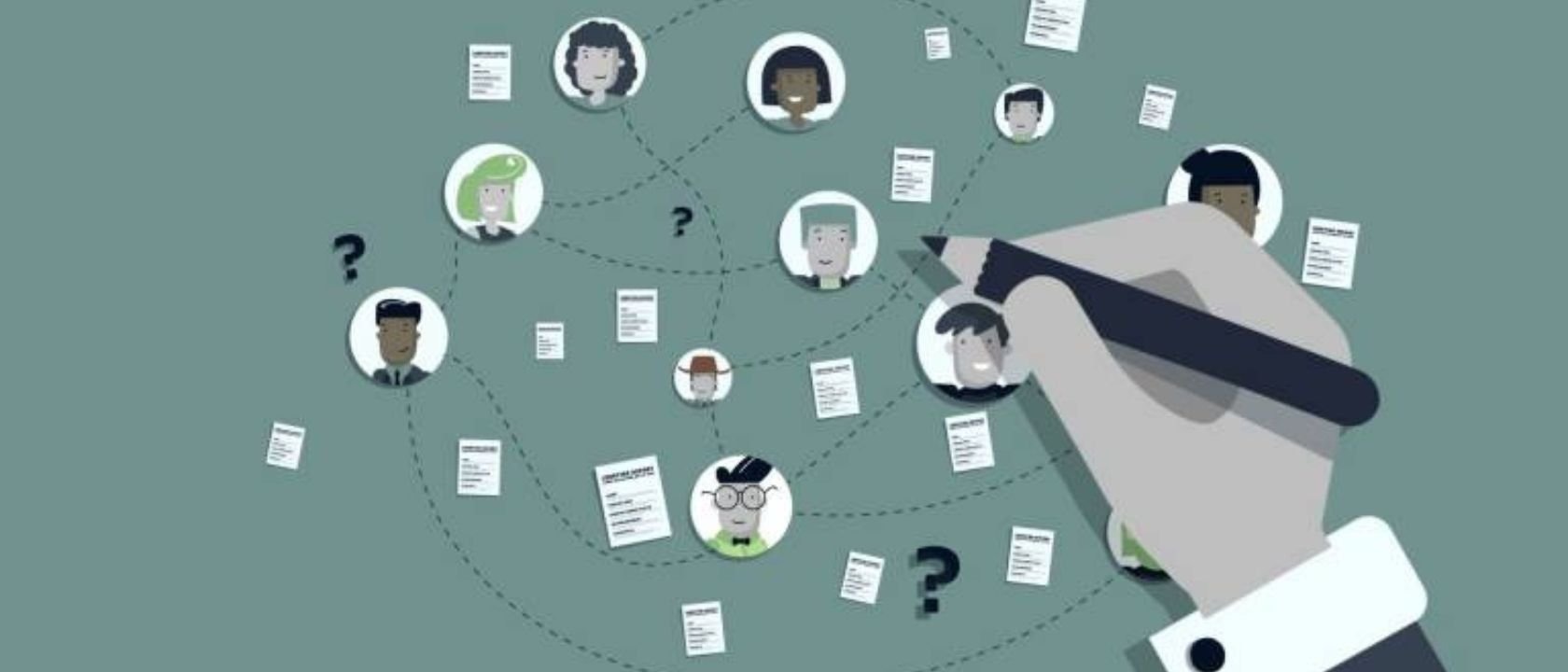Lobbying plays a vital role in shaping how democracy functions, but it also brings certain challenges that require careful attention. The process by which groups seek to influence government decisions often shapes policies that affect millions.
While lobbying can provide lawmakers with important information and perspectives, it can also create unequal access for those with more resources. This imbalance raises questions about fairness and representation in democratic governance.
The practice involves interest groups, corporations, and individuals engaging with public officials to push their preferred policies. These actors try to persuade lawmakers through discussions, providing research, or offering expert advice.

When done transparently and ethically, lobbying can help bridge the gap between government and society by bringing diverse viewpoints into policy conversations. However, when the influence becomes overly dominated by wealthy entities, it threatens the principle that all citizens should have equal say in their government.
The Role of Lobbying in Policy Making
Lobbying serves as a channel for various groups to express their concerns and demands to those in power. In many democracies, this activity is a legal and regulated part of the political system. Politicians depend on lobbyists to learn about the potential impacts of laws before voting. Some argue that this exchange strengthens democracy because it allows for expert input and a better understanding of complex issues.
Despite these benefits, the uneven distribution of influence is a major concern. Groups with large financial backing can afford to hire experienced lobbyists, gaining more access to decision makers.
Smaller or less wealthy groups struggle to have their voices heard. This can lead to policies that favour business interests or wealthy donors over ordinary citizens, making democracy less responsive to the needs of the general population.
Transparency and Accountability Challenges
One key issue is the lack of transparency in how lobbying operates. In some places, lobbying activities must be registered and reported, but enforcement is often weak. Without clear public records, it becomes difficult to track which interests are pushing for what policies. This secrecy allows powerful groups to shape legislation without public scrutiny, which can erode trust in democratic institutions.
The revolving door between government positions and lobbying firms can create conflicts of interest. Officials who leave office to become lobbyists may use their insider knowledge and connections to benefit private clients. This practice risks turning public service into an avenue for personal gain, undermining the principle that government should serve the common good.
Influence on Electoral Politics
Lobbying extends beyond policy formation into the electoral process itself. Interest groups and corporations frequently contribute to political campaigns, hoping to support candidates who will advance their agendas. These financial contributions can increase a candidate’s chances of winning but raise concerns about undue influence.
When elected officials rely heavily on money from special interests, they may feel obliged to prioritize those interests over their constituents. This dynamic can distort political competition and make politicians less accountable to the people who voted for them. The dependence on campaign funding from lobbyists contributes to a system where access and favours often follow financial backing.
Balancing Interests and Safeguarding Democracy
Finding a way to balance lobbying with democratic principles requires strong rules and vigilant enforcement. Transparency measures such as mandatory registration of lobbyists and public disclosure of lobbying expenditures can make the process more open. Citizens should have access to information about who is influencing their representatives and how.

Restrictions on the revolving door practice can help reduce conflicts of interest, ensuring government officials act in the public interest rather than for private advantage. Additionally, limiting the amount of money that lobbyists or interest groups can give to political campaigns would reduce the risk of corruption and unequal influence.
Civic education also plays a role by informing citizens about lobbying and encouraging them to participate actively in political life. When more voices are heard in the political arena, policies can better reflect the diverse interests of society.
The Double-Edged Nature of Lobbying
Lobbying can be seen as a double-edged sword in democratic governance. On one side, it allows groups to present their case directly to lawmakers, enriching policy discussions with valuable insights. On the other side, the disproportionate power wielded by wealthy and organized interests can skew political outcomes.
The challenge lies in ensuring that lobbying strengthens democracy rather than weakens it. If rules are ignored or weakly enforced, lobbying can become a tool for the powerful to dominate politics. The aim must be to create a system where access to policymakers is fair and based on the merits of arguments, not the size of financial resources.
A functioning democracy depends on the participation of all citizens and the fair representation of their interests. While lobbying is an accepted part of political life, it must be managed carefully to avoid allowing particular groups to monopolize influence. Strong institutions and laws that promote openness and accountability can help keep lobbying within proper bounds.
If governments and civil society work together to uphold these principles, lobbying can contribute positively to democratic decision making. Without these safeguards, however, democracy risks becoming an arena where power and money dictate outcomes more than the will of the people.
Therefore, ongoing efforts to reform lobbying practices remain essential to preserving democratic values and ensuring government remains responsive to everyone.









Leave a Reply